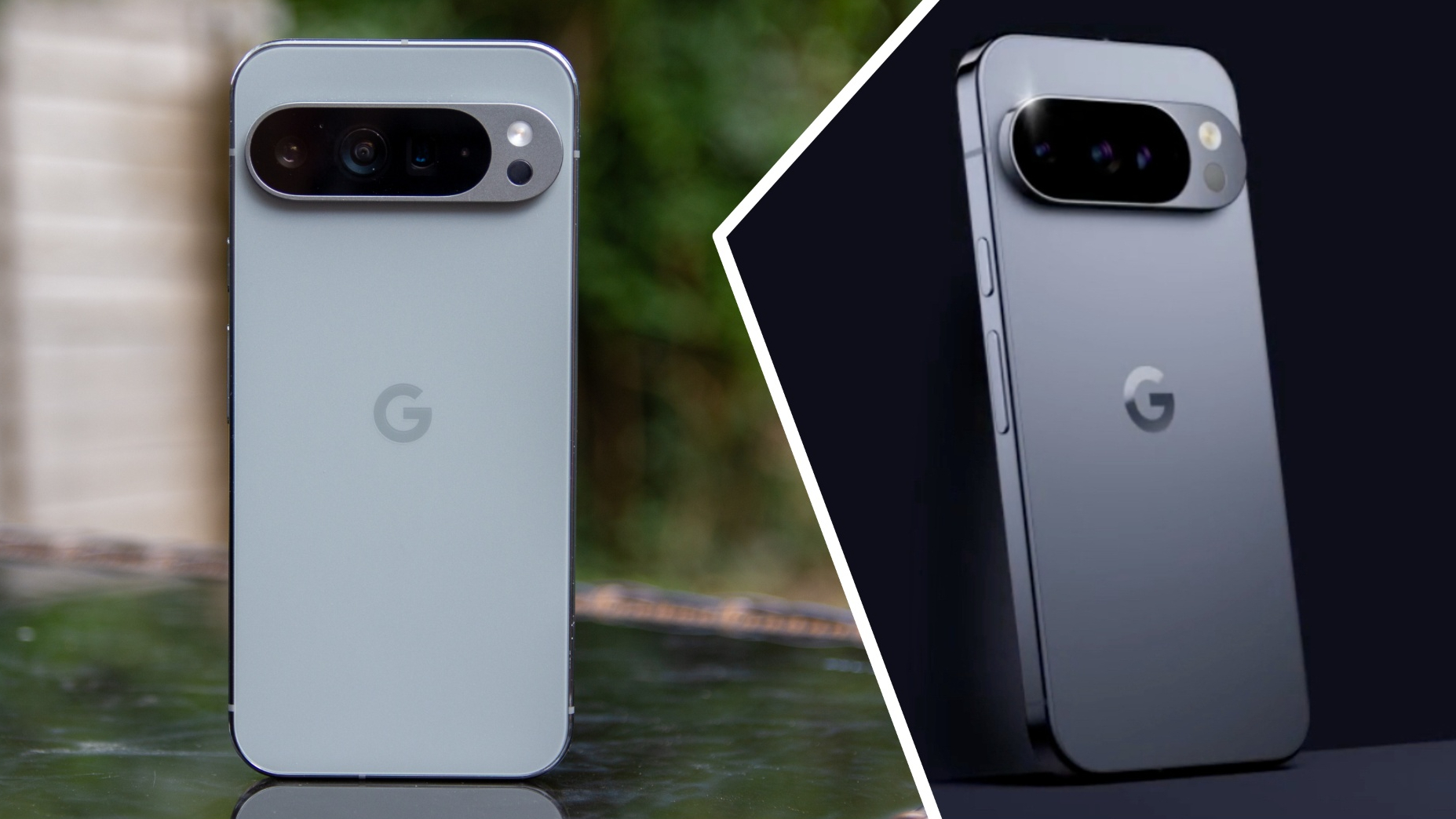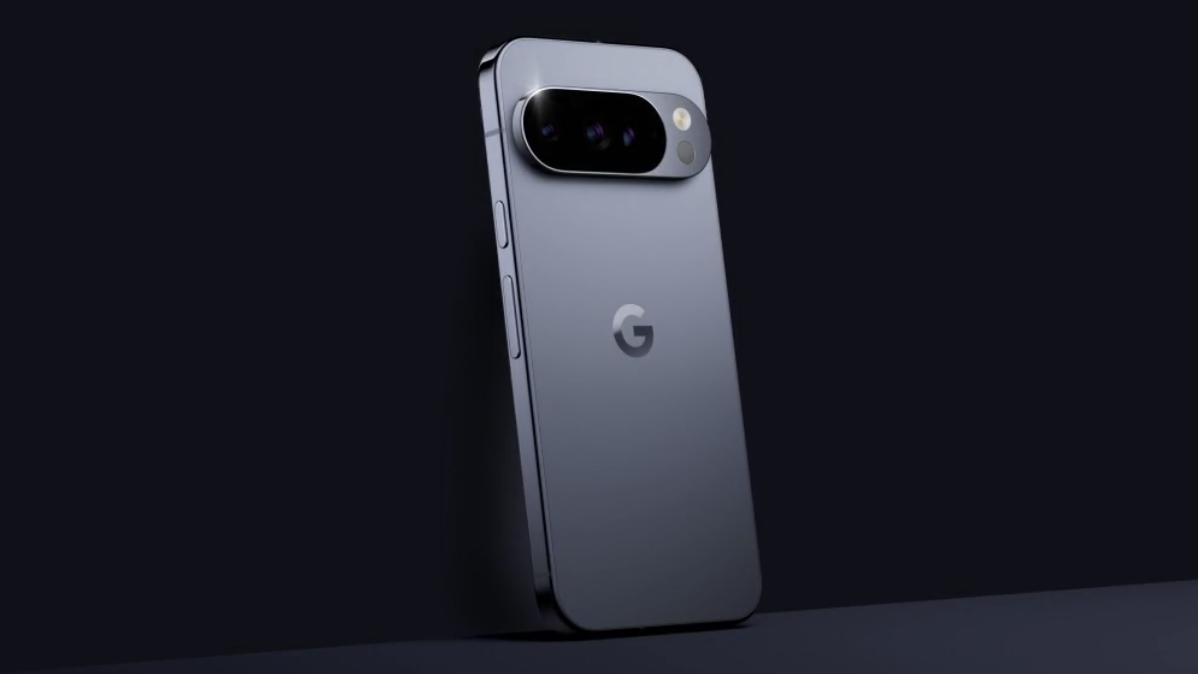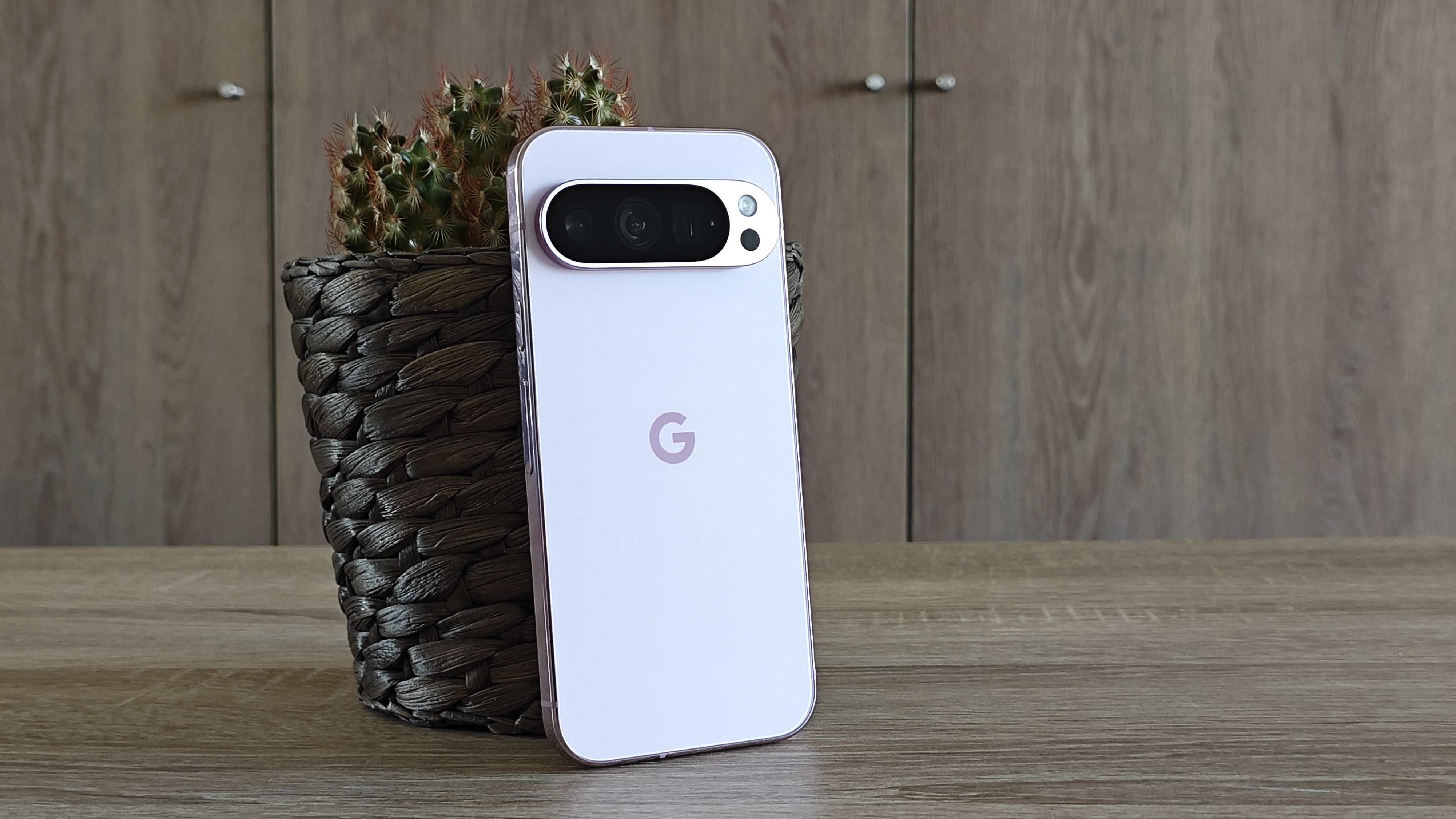The Google Pixel 9 Pro was our Phone of the Year in 2024, but I can't see the Pixel 10 Pro repeating the feat in 2025 – here’s why

Sign up for breaking news, reviews, opinion, top tech deals, and more.
You are now subscribed
Your newsletter sign-up was successful
2024 was a strange year for phones. Software packages like Galaxy AI, Google Gemini, and Apple Intelligence dominated keynotes and marketing campaigns, while hardware innovations were, for the most part, relegated to the sidelines.
On the outside, the best phones of 2024 were largely indistinguishable from their predecessors, with the exception of the Google Pixel 9 Pro, which felt properly different from the Pixel 8 Pro before it. Google refreshed its tired Pixel lineup with a more grown-up, modern-looking phone, and the Pixel 9 Pro also boasted the cleanest implementation of AI we’d seen at the time (Samsung’s Galaxy AI has arguably caught up since then).
For those reasons, the Pixel 9 Pro earned our Phone of the Year award for 2024. But judging by what I’ve seen so far of the Pixel 10 Pro, I don’t see Google’s next flagship repeating the feat in 2025.
The Pixel 10 Pro is set to debut at this year’s Made by Google showcase on August 20, but it’s already been semi-unveiled in an official teaser video, and countless leaks and rumors have given us an almost nailed-on idea of what to expect.

It’ll reportedly look almost identical to the Pixel 9 Pro, use a more powerful Tensor G5 chipset, and its battery will be marginally larger. We’ll also, of course, get some new colors, including a fetching ‘Moonstone’ shade.
On the software side, the Pixel 10 Pro is rumored to launch with a new photography feature called Camera Coach, which will use AI to analyse images fed through the camera and offer contextual suggestions.
And that’s pretty much it.
Sign up for breaking news, reviews, opinion, top tech deals, and more.
Where the Pixel 9 Pro represented a major generational leap over the Pixel 8 Pro, the Pixel 10 Pro will seemingly be an iterative upgrade over the Pixel 9 Pro. It won’t have the same feeling of newness or innovation, and as a result, I’m not expecting it to scoop this year’s Phone of the Year award on that basis alone.

Weirdly, though, I don’t see this as a bad thing. In all areas except raw power, the Pixel line has caught up to the best iPhones and best Samsung phones, and now Google can afford to do what both Apple and Samsung do so often: innovate iteratively.
I know that sounds strange – don’t we, as tech fans, hate iterative upgrades? – but we can’t shower the Pixel 9 Pro with praise and then expect (or want) Google to bring an entirely new product to the table the very next year. It got so much right with the Pixel 9 Pro, and it’s unrealistic to expect its successor to bowl us over in quite the same way.
If I were a Pixel fan, I’d be OK with that. Heck, as an iPhone user, I’ve already written about how the Pixel 10 Pro in Moonstone will test my loyalty to Apple. I think the phone looks great – it just doesn’t look particularly new.
Who knows? Maybe those aforementioned upgrades will be enough to see the Pixel 10 Pro scoop our Phone of the Year award in 2025. I’m simply suggesting that Google has made a rod for its own back with the success of the Pixel 9 Pro.
Are you looking forward to the Pixel 10 Pro? Let us know in the comments below.
You might also like

Axel is TechRadar's Phones Editor, reporting on everything from the latest Apple developments to newest AI breakthroughs as part of the site's Mobile Computing vertical. Having previously written for publications including Esquire and FourFourTwo, Axel is well-versed in the applications of technology beyond the desktop, and his coverage extends from general reporting and analysis to in-depth interviews and opinion.
Axel studied for a degree in English Literature at the University of Warwick before joining TechRadar in 2020, where he earned an NCTJ qualification as part of the company’s inaugural digital training scheme.
You must confirm your public display name before commenting
Please logout and then login again, you will then be prompted to enter your display name.